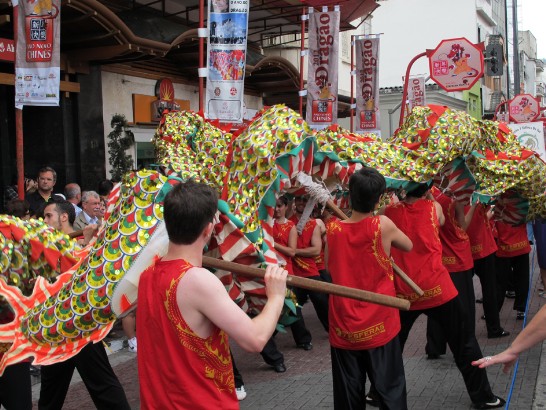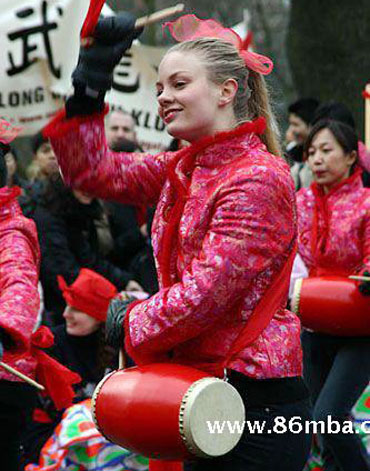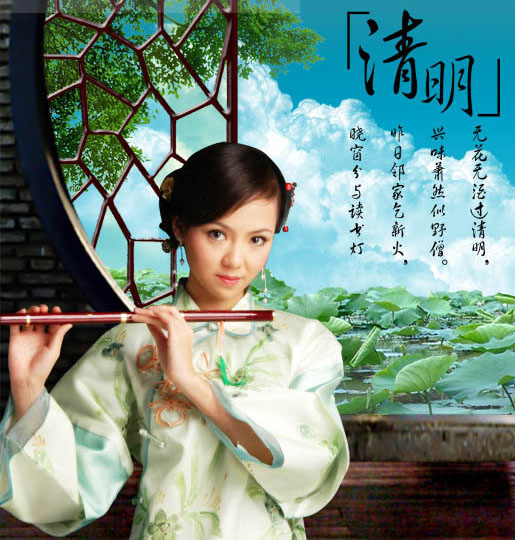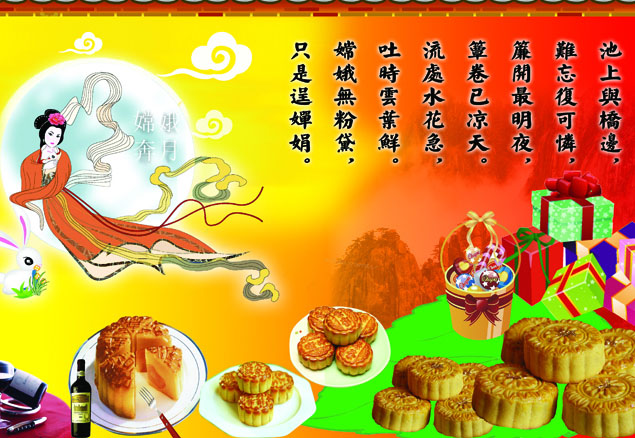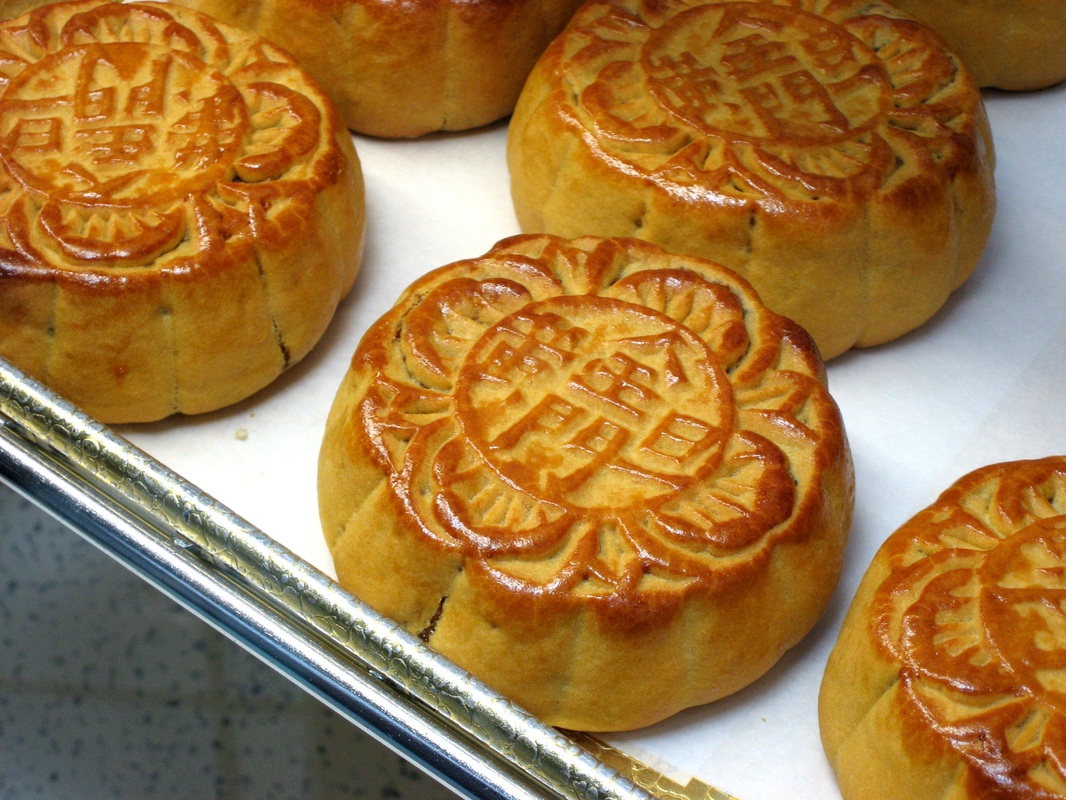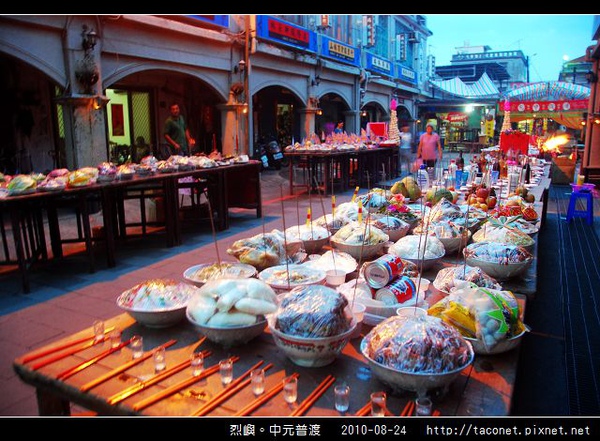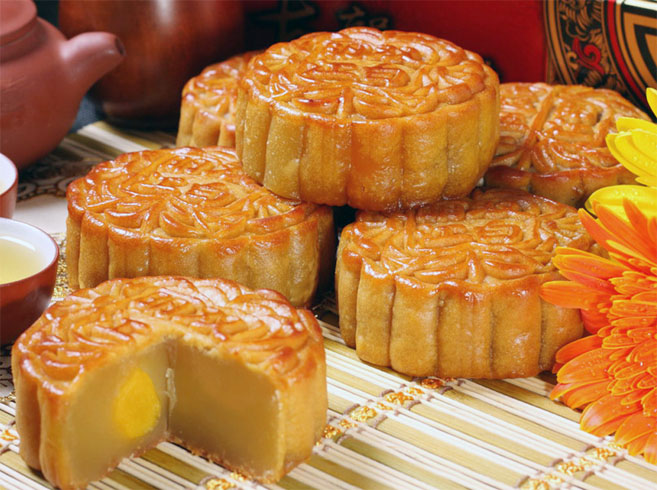現在位置 : 休閒 > 台灣 重要傳統節日 慶祝 (Important Traditional Festivals in Taiwan)
台灣 傳統節日 (Taiwan Festivals)Chinese Lunar New Year (中國農曆新年)
2012 is the year of the Dragon (2012 龍年) 2013 Snake - 10 February, 2013. (2013 蛇年) 2014 Horse - 31 January, 2014. (2014 馬年) 2015 Goat - 19 February, 2015. (2015 羊年) As the Taiwanese people are mostly the ethnic Chinese, traditional Chinese festivals are celebrated by the Taiwanese. The most notable festivals are as follows. Chinese New Year (中國新年 / 春節). The Chinese New Year is often referred to as the "Lunar New Year", because the Chinese lunar calendar. It is the most important of the traditional Chinese holidays in Taiwan and China, which is also known as the "Spring Festival." (春節) Many businesses and restaurants would close on the first three days so it is not an ideal time to visit. However, the days leading up to the festival as well as the fourth to fifteenth days are ideal for soaking up the Chinese New Year atmosphere. Ching Ming Festival (清明節): It is also called Qingming Festival or Pure Brightness Festival or Clear Bright Festival, Ancestors Day or Tomb Sweeping Day. This Chinese festival is on the 104th day after the winter solstice or the 15th day from the Spring Equinox, usually occurring around April 5 of the Chinese calendar. In this day many Taiwanese would pay respects at their ancestors' graves. It is an official holiday in Taiwan. Dragon Boat Festival (端午節): This festival honours Qu Yuan, a patriotic official from the state of Chu during the Warring States period of Chinese history who committed suicide by jumping into a river when Chu was conquered by Qin. To prevent the fishes from eating his body, villagers threw rice dumplings into the river to feed the fishes and rowed dragon boats with drums being beaten on them to scare away the fishes. Since then, dragon boat racing has been carried out on this day and rice dumplings are also eaten. Hungry Ghost Festival (中元節): The Ghost Festival, also known as the Hungry Ghost Festival, or Yu Lan is a traditional Chinese festival and holiday celebrated by Chinese in many countries. In the Chinese lunar calendar, the Ghost Festival is on the 15th night of the seventh lunar month (14th in southern China). This festival runs throughout the seventh month of the Chinese calendar. It is believed that the gates of hell open during this period and hungry ghosts are allowed to roam freely into our world. In order to appease the ghosts and prevent misfortune, many Taiwanese will offer food and burn joss paper for them. In addition, traditional Chinese performances such as Chinese opera and puppet shows are held to appease these wandering spirits. Mid-Autumn Festival (中秋節): It is also known as the Moon Festival or Mooncake Festival or Zhongqiu Festival. A description of the festival first appeared in Rites of Zhou, a written collection of rituals of the Western Zhou Dynasty from 3,000 years ago. The festival is held on the 15th day of the eighth month in the Chinese calendar, which is in September or early October in the Gregorian calendar. Legend says that on this day, a woman known as Chang E swallowed some divine pills to prevent her power hungry husband from becoming immortal. Afraid of being killed by her husband, she fled to the moon and it is believed that the moon shines brightest on this day. This is when many lanterns will be put up for decoration in various parks and shops, which is quite a beautiful sight. Baked mooncakes are eaten on this day for celebration. Attached images show some delicious Mooncakes. |

